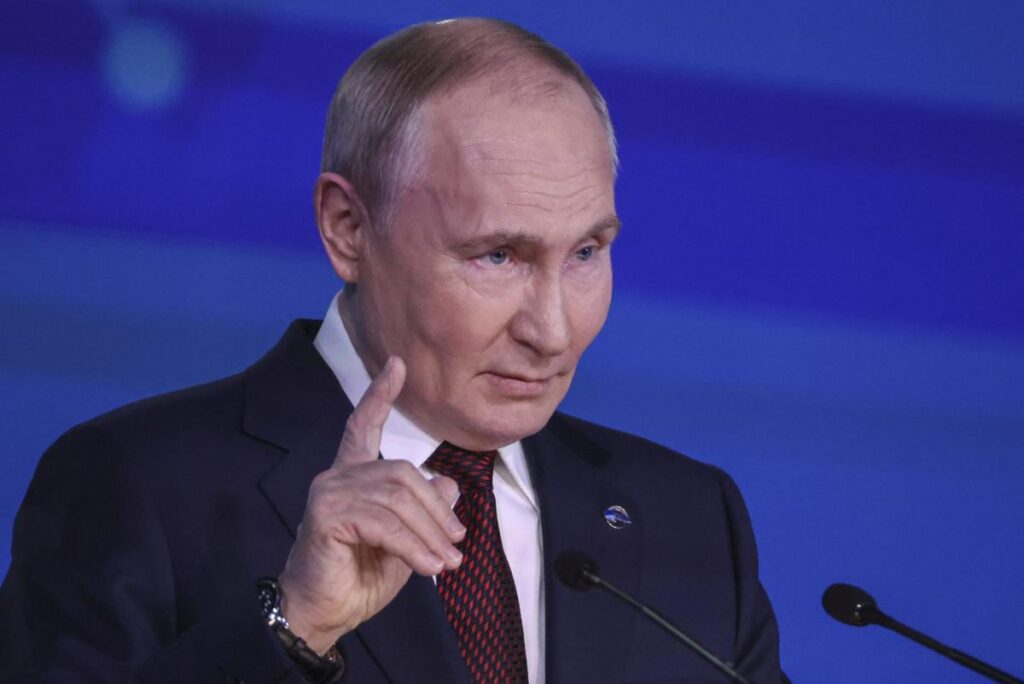Russia’s inflation has gone from bad to worse as it continues to wage war against Ukraine, causing even everyday goods to feel out of reach for the average person.
A recent butter heist, in which two masked men barged into a dairy shop and stole 20 kg of butter, demonstrated just how dire the problem was. The price of a slab of butter has increased by 25.7% since December, prompting a slew of thefts across Russia and highlighting the state of the wartime economy.
Following the initial wave of sanctions on Russia following its invasion, reports showed supermarkets attaching anti-theft tags to cans of meat to prevent shoplifting. Now, retailers are having to take similar measures for butter and other grocery staples.
Last month, the Russian central bank increased interest rates to 21%—nearly seven times that of the Euro region. It hopes that by hiking rates for the “overheating economy,” inflation could fall to 4.5-5% by next year, down sharply from 9.1% in August.
“Your average butter churning factory would be more than happy to meet the demand and work in three shifts too. But there aren’t enough people for them to hire,” Alexandra Prokopenko, a fellow at the Carnegie Russia Eurasia Center in Berlin, told the Financial Times.
“You can’t fight inflation and a war at the same time.”
But Russian President Vladimir Putin disagrees. He believes the country can supply guns and butter—in a literal sense—without making any painful tradeoffs.
Inflation hardly operates in a silo; the country’s job market is tight, nudging employers to increase salaries to maintain their competitiveness. Its population figures aren’t keeping up either, aggravating the labor shortage.
While inflation has been climbing, Putin has also been ramping up defense spending.
For 2025, the Kremlin has earmarked 13.5 trillion roubles ($145 billion) or 6.3% of Russia’s GDP on defense, hinting at a long-drawn war ahead and outstripping education and healthcare spending. That’s why industries linked to the war, such as transport and navigation services, have boomed in recent years.
Read the full article here
